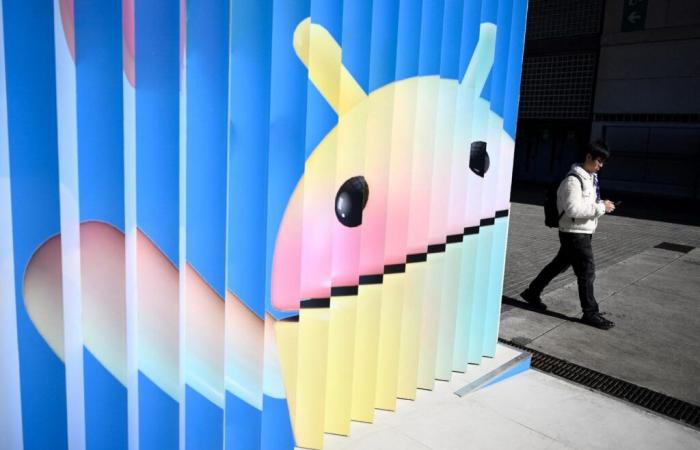Without them, no mobile telephony, no online shopping, no banking services, no streaming music or films, even less ChatGPT and other artificial intelligence (AI)… Them? This is open source software, also called “free software”. We thus name computer programs, pieces of code, software bricks which, unlike so-called “proprietary” software, can be freely used, copied or modified by everyone, provided that they reshare the modifications and have the skills to do it. They have become as essential to our digital universe as submarine cables or satellites. “It is estimated that 80% to 90% of software used worldwide is free software. In other words, today, they are everywhere! »says Stéfane Fermigier, general manager of the company Abilian and co-president of the National Free Software Council.
The particularity of this little-known world, the cornerstone of all our digital practices, is that its existence and its development are based on a community of millions of developers around the world, often anonymous, mostly researchers and individual developers. They devote time to it, sometimes a lot and generally alongside their paid work. They write documentation, participate in online forums, simplify software to make it easier to install and use, etc.
Their commitment is still often motivated by a passion for the code and by sharing values, as demonstrated by Tarek Ziadé. This engineer discovered open source components after his computer science studies. “Having the code open allows me to understand how a program works, so I can troubleshoot problems myself and find a solution without calling the editor. I then share this solution with the community so that everyone benefits. Open source culture means developing software for the common good”he explains.
You have 83.07% of this article left to read. The rest is reserved for subscribers.






